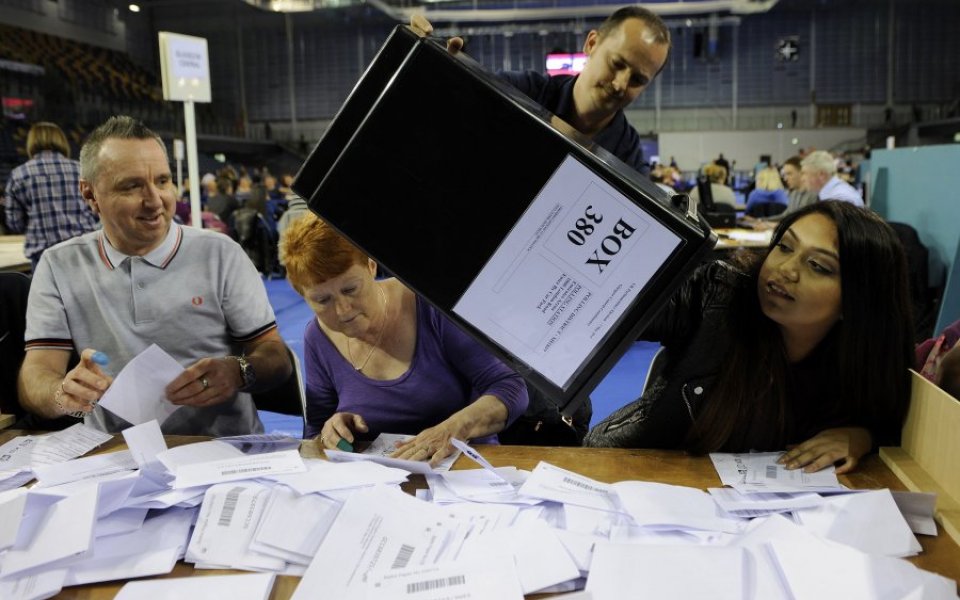Electoral register is “getting more unequal by the year”, warns Electoral Reform Society as figures show a drop in the number of registered voters

Thousands of voters might not get the chance to cast a vote in upcoming elections after changes to the registration process, prompting fears the electoral register is become more unequal and people could miss out on their "basic civic right".
At least 770,000 names have been removed from the electoral register, according to the Electoral Commission, meaning people may not be able to vote in the upcoming EU referendum, as well as Scottish, Welsh and Northern Irish elections this summer.
The new system aimed to eliminate "ghost" entries on the register and cut down on electoral fraud. Voters now need to register as individuals, rather than by household.
However, the Electoral Commission said: ""It is not possible to estimate the number of eligible electors who were removed from the registers. However, the commission reports that it is likely that some of the removed entries related to electors that were eligible to remain registered to vote."
Read more: Re-draw the constituency map to boost voter turnout
The government ignored the Electoral Commission's suggestion to keep names on the register for longer to allow councils more time to check them.
Separate figures from the Office of National Statistics shows that overall registration in December 2015 had fallen by 600,000 names in the 12 months preceding it.
The Electoral Reform Society said that the fall in the number of registered voters meant that the government's decision to shift to individual electoral registration a year ahead of schedule – against the advice of the Electoral Commission – mean that people "are in danger of missing out on their most basic civic right".
"The constituencies which saw the biggest drop are largely student seats and deprived areas – groups which are already under-represented," said Katie Ghose, chief executive of the Electoral Reform Society. "The areas with the biggest rise are largely wealthier areas. This patchy picture means electoral registration – and the number of parliamentary seats representing each area – is getting more unequal by the year."
Read more: Our voting system needs to be modernised with electronic voting
While 1.3m people have signed up to vote individually since December, the Electoral Commission said the transition was rushed and that people in urban areas, who move on a regular basis – mostly younger people and students – have been disproportionately affected.
In London the ONS figures showed that 93,000 people had dropped off the electoral roll in the past year.
Responding to those figures Labour candidate for City Hall Sadiq Khan said "the Tories have denied tens of thousands of Londoners their chance to vote in the London Mayoral election".